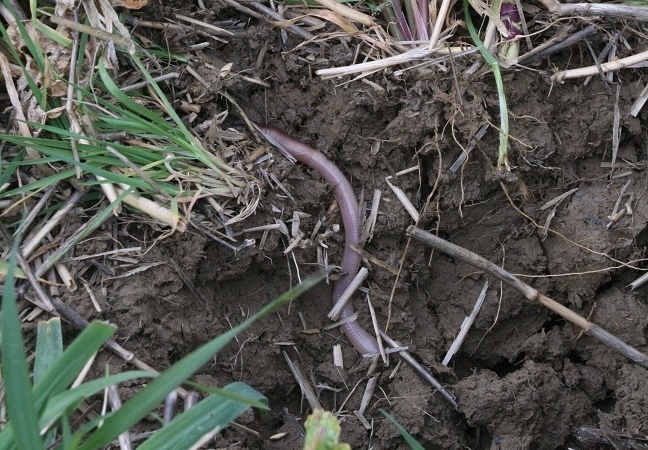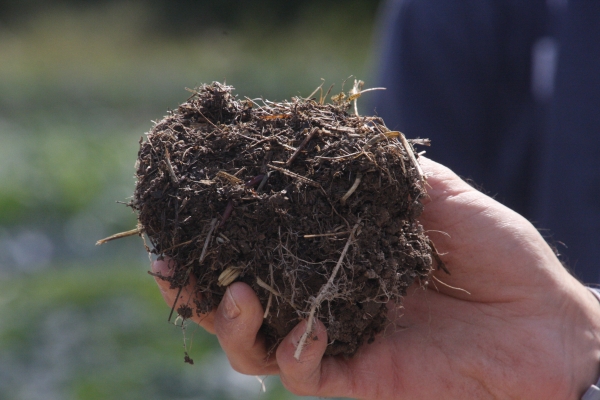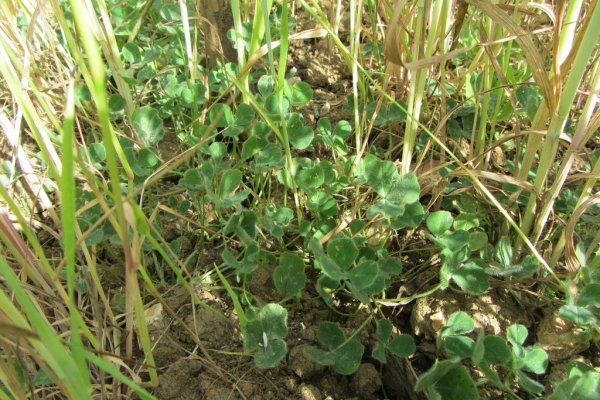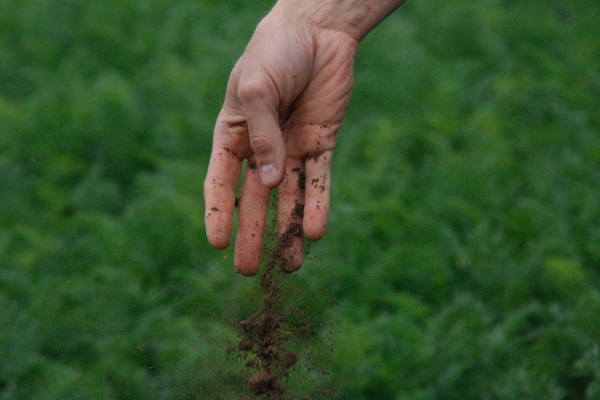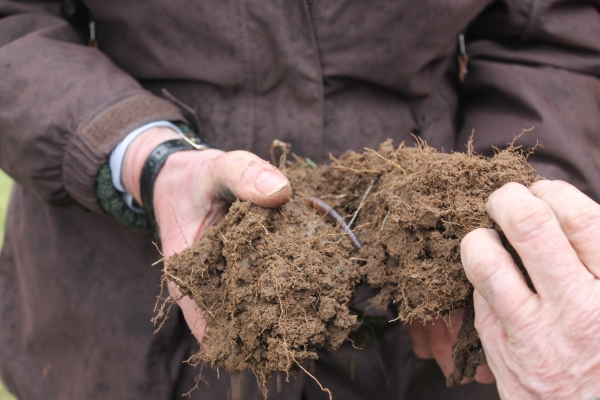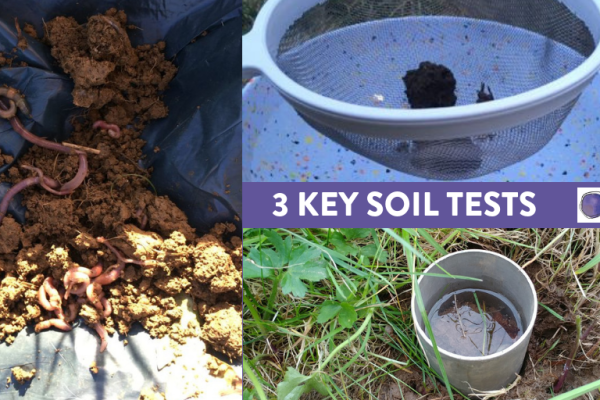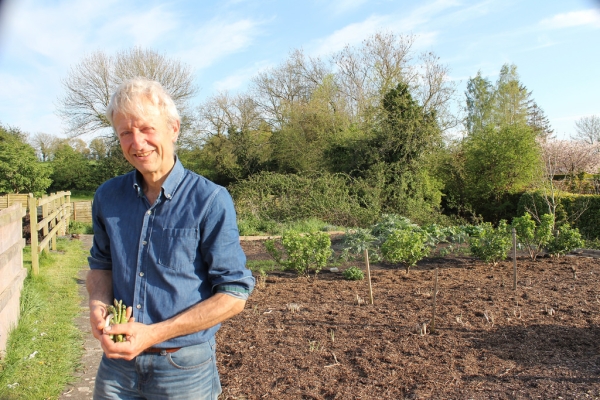Soils and biodiversity
Soils host a quarter of our planet’s biodiversity
Resource explained
This factsheet produced by the Food and Agriculture Organisation of the United Nations, is an output from the International Year of Soils 2015.
It emphasises that soil biodiversity is vital for ensuring soil health and food and nutritional security.
It suggests that agricultural systems and agro-ecological practices that promote soil biodiversity, i.e. organic farming, zero-tillage, crop rotations and conservation agriculture, can sustainably increase farm productivity without degrading the soil and water resources.
It highlights the impact of agricultural systems on the activities and biodiversity of soil organisms.
It defines the function of soil organisms within agro-ecosystems and includes an infographic illustrating how the food web is linked to the biodiversity within the soil. It includes information on a European Union (EU)-funded research project that is aiming to demonstrate the extent to which ecosystem services can substitute external inputs and still increase or stabilise yields and incomes.
Findings & recommendations
- Soil is one of the most complex ecosystems and diverse habitats on earth.
- The quality and health of soils directly impacts on agricultural production and effects plant, animal and human health.
- Soil organisms regulate the dynamics of soil organic matter, soil carbon sequestration and greenhouse gas emissions, modify soil physical structure and water regimes, enhance the amount and efficiency of nutrient acquisition by vegetation through mutualistic relationships, and enhance plant health. All of these services are an important resource for the sustainable management of agricultural systems.
- The level of soil organic matter content, the number of plant species with different rooting systems, and the quantity and quality of plant residues are crucial in helping to provide a range of habitats and food for soil organisms.
- The EU-funded research project LIBERATION is aiming to provide the evidence base for ecological intensification (this is defined as the process of managing services providing organisms that make a quantifiable direct or indirect contribution to agricultural production). It considers above- and below-ground ecosystem services and analyses interactions and trade-offs between different ecosystem services. It will ultimately identify which farm management practices and layouts of semi-natural habitats can maximise both yields and farm incomes.
